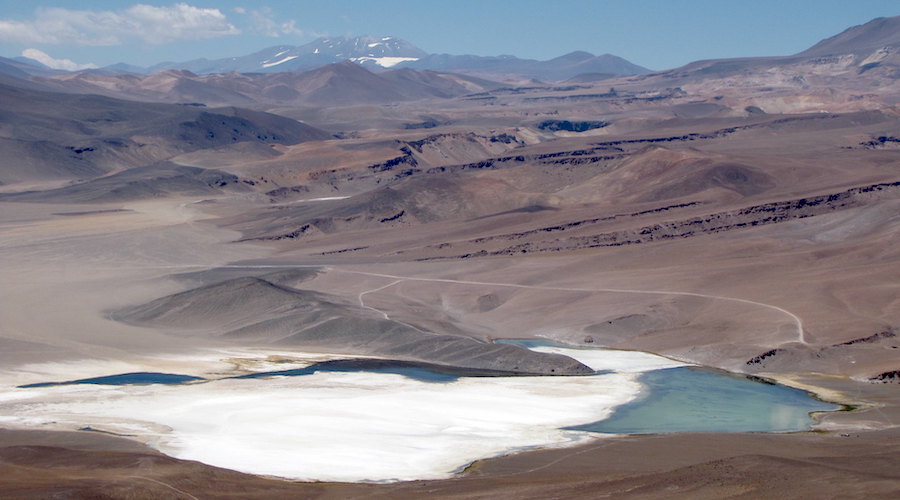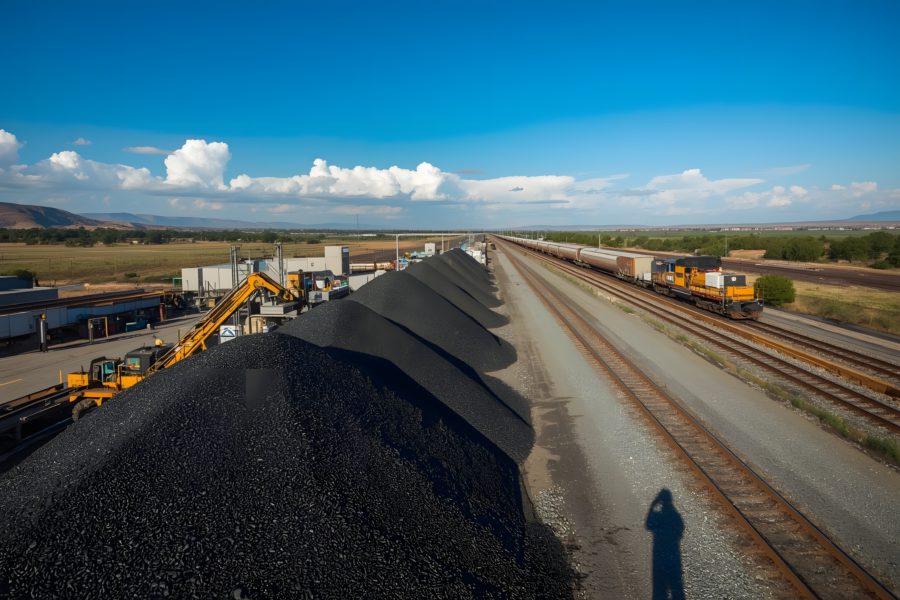Codelco targets 2030 start at Maricunga lithium project

Chile’s Codelco has started assessing candidates to partner with in a lithium project located in one of the country’s top salt flats, Maricunga, with the goal of kicking off production in 2030.
The state-run copper miner, which hired Rothschild & Co in April as financial advisor in the process of selecting a partner, told local paper La Tercera it had already received between 30 and 40 expressions of interest.
Construction at the project, dubbed “Paloma”(dove), is expected to start in early 2027, with first production targeted for 2030, with Codelco’s partner to be announced in early 2025.
In an initial phase, which would require a $1.2 billion investment, Paloma would produce 20,000 tonnes of lithium carbonate equivalent (LCE) a year using the traditional evaporation ponds method.
The subsequent phase will focus on achieving 30,000 tonnes of LCE per year through direct lithium extraction (DLE), a technology that has not yet been proven at a commercial level. Initial capital outlay at this phase is estimated in $1.1 billion, according to a four-page “investment highlight” document seen by Reuters.
Codelco is aggressively testing the use of DLE. Chairman Máximo Pacheco said on Thursday the newly announced partnership with SQM (NYSE: SQM) for lithium operations in the Atacama salt flat could start using the new method by 2033.
Tianqi’s say
Pacheco also said joint operations are on track for a 2025 start, despite uncertainty over a possible challenge from Tianqi Lithium, SQM’s second-largest shareholder, which has been advocating for the deal to be decided by a stockholder vote.
The agreement inked last week guarantees SQM continuity of operations in the country until 2060, with Codelco overseeing general management as of 2031.
Tianqi, which acquired a 22% stake in SQM for $4 billion in 2018, claims SQM did not disclose key terms during negotiations. The Chinese firm said in April it had faced restrictions on accessing SQM’s sensitive information and hinted at potential legal action.
Chile’s financial regulator is currently reviewing Tianqi’s complaint, and has said that the company could appeal the decision in the court system.
“I don’t see how this could keep the partnership from coming to fruition,” Pacheco told La Tercera.
Chile’s only other current producer, Albemarle (NYSE: ALB), has a contract extending until 2043.
Growing portfolio
Codelco secured it first lithium asset in the home country in January, with the acquisition of Australia’s Lithium Power International. The deal handed the copper giant the Maricunga lithium project, located on the namesake salt flat, which is Chile’s second largest salt-encrusted field in terms of reserves of the battery metal.
Chile, the world’s no. 2 producer of lithium after Australia and holder of the largest known deposits of the coveted battery metal, opened up in March more than 20 lithium salt flats to private investors.
At the time, it named the Atacama and Maricunga salt flats as strategic for the country, which means any operations in these sites must be run by a partnership in which either Ciodelco or Chilean miner Enami, own a majority stake.
More News
{{ commodity.name }}
{{ post.title }}
{{ post.date }}




Comments